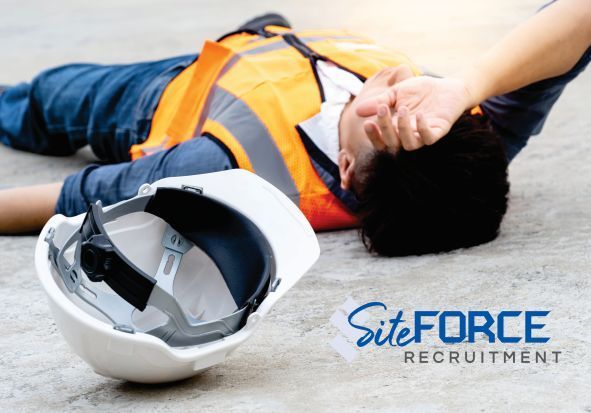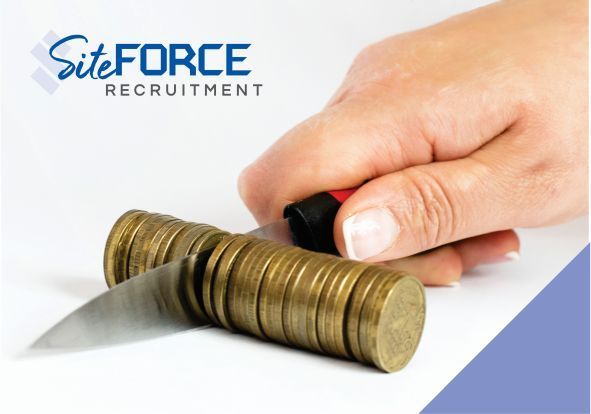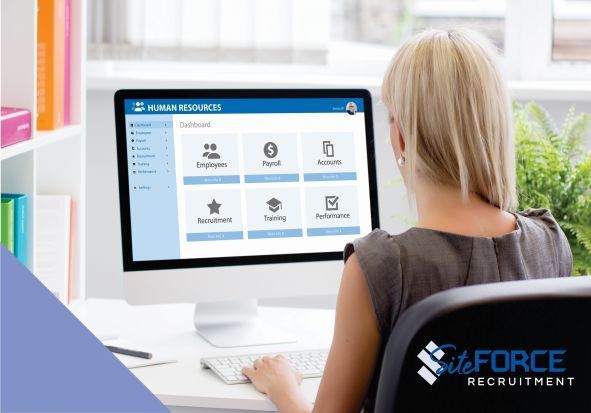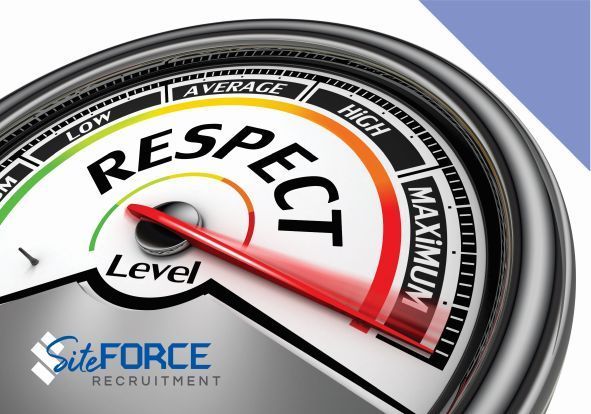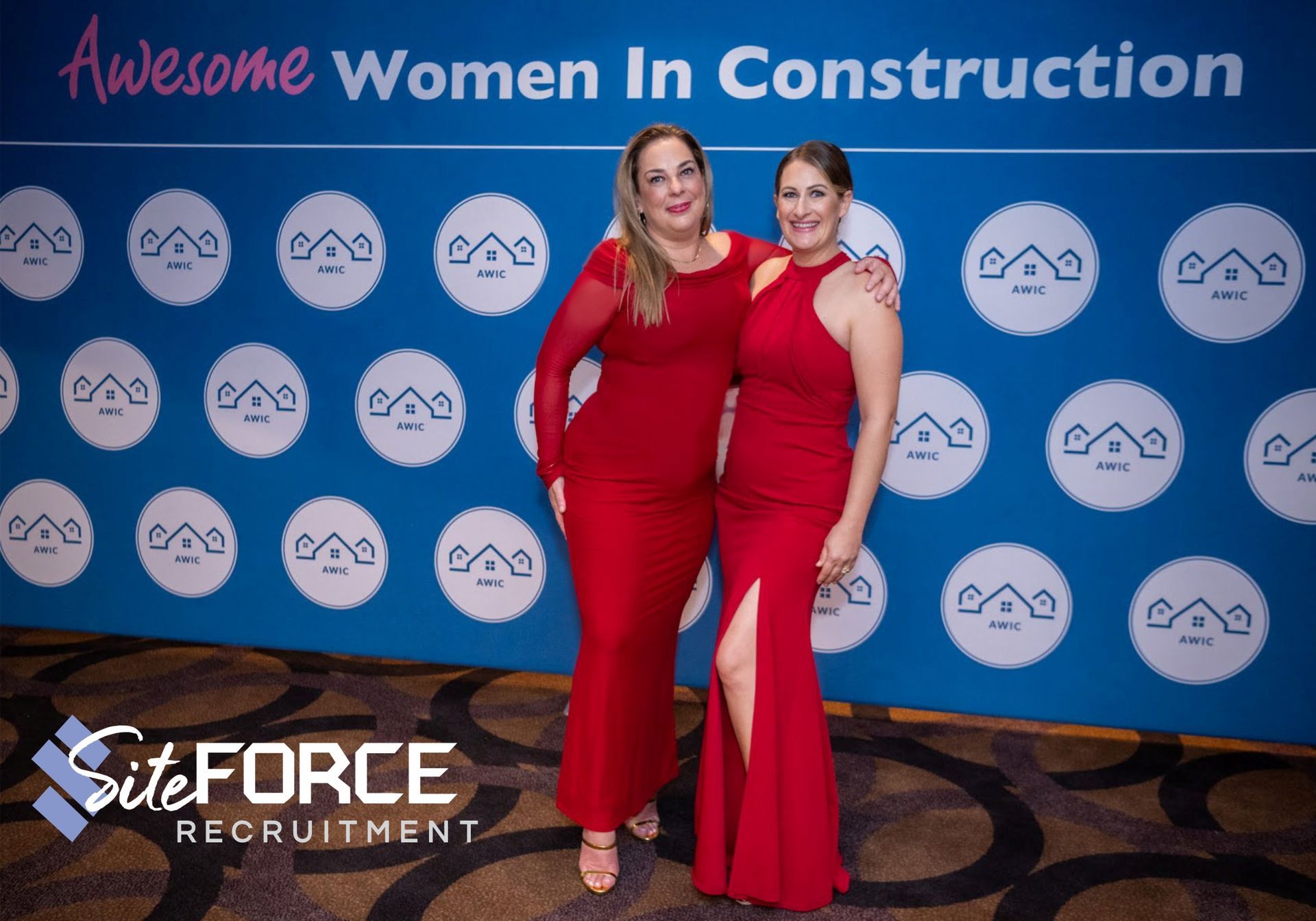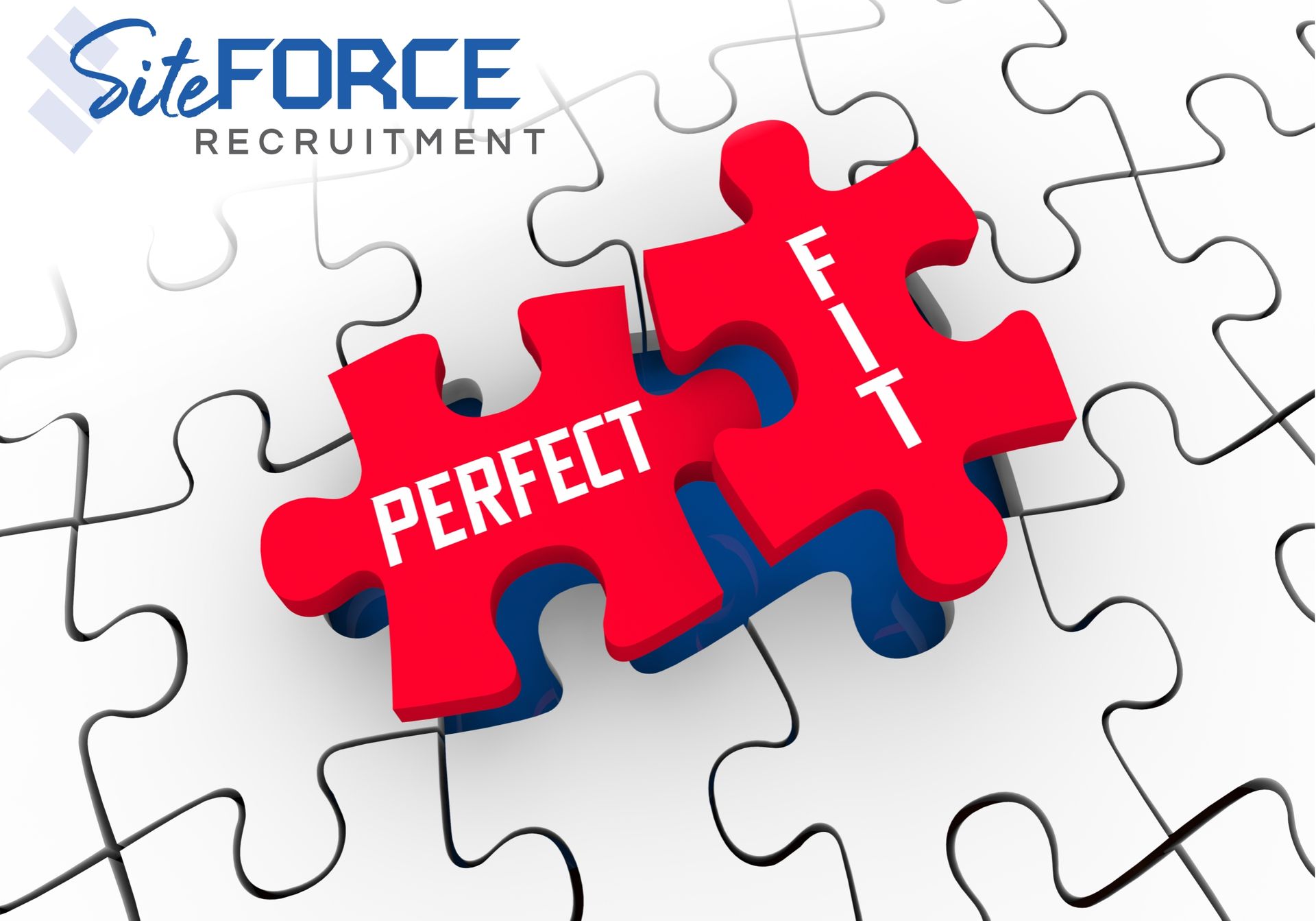SUPPORTING WOMEN IN THE CONSTRUCTION INDUSTRY
10 Top Resources and Solutions
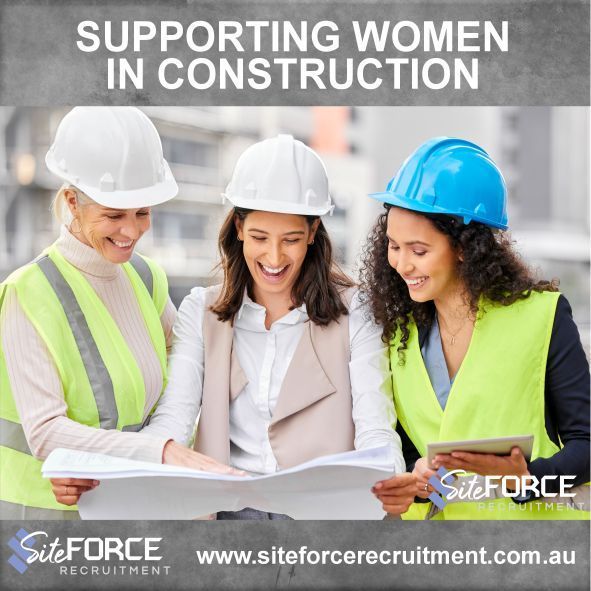
The construction industry has traditionally been male-dominated, which can pose unique challenges for women seeking to establish and grow their careers. I know, I’ve been there and have had the privilege of hearing many stories of distress and success, so it is with in depth knowledge and experience that I speak on this subject.
As of recent statistics, women represent about 12% to 14% of the workforce in the construction industry in Australia. This figure has shown gradual improvement over the years, reflecting ongoing efforts to promote gender diversity in the sector.
Key Statistics:
- Female Participation: Approximately 12.7% of the construction workforce are women, according to data from the Australian Bureau of Statistics (ABS).
- Leadership Roles: Women hold about 3% to 5% of senior leadership positions in construction companies.
- Apprenticeships: Female participation in construction apprenticeships has been on the rise, reaching around 5% to 10% of total apprenticeships in trades like carpentry and plumbing.
- Workplace Culture: Surveys indicate that up to 30% of women in construction report experiences of workplace harassment or discrimination.
These statistics underscore the need for continued advocacy and support for women in the construction industry, emphasising the importance of initiatives aimed at increasing female participation and creating a more inclusive work environment.
In Australia, several organisations and resources are dedicated to supporting women in construction, addressing workplace issues, and fostering a more inclusive environment. Below, I’ll set out key issues women face in this sector and highlight useful resources available to them.
Key Issues Facing Women in Construction
- Gender Discrimination: Many women in construction report experiences of gender bias, which can manifest as unequal treatment, lack of respect, or exclusion from decision-making processes.
- Workplace Harassment: Unfortunately, harassment remains a significant issue. Women often feel unsafe or uncomfortable in male-dominated spaces, which can lead to high turnover rates.
- Career Advancement: Despite having the qualifications and skills, women frequently find it challenging to advance into leadership roles due to systemic barriers and lack of mentorship.
- Work-Life Balance: The demanding nature of construction jobs can make it difficult for women, particularly those with caregiving responsibilities, to maintain a healthy work-life balance.
10 TOP RESOURCES FOR SUPPORT:
1. Engaging a Coach or Mentor
Engaging a mentor or coach can be a transformative experience for women in the construction industry. Research indicates that approximately 25% to 30% of women in construction actively seek out mentorship or coaching relationships. Those who do often report significant benefits, including improved job satisfaction and career advancement.
A mentor provides invaluable insights, sharing their own experiences and navigating challenges specific to the sector, which can help mentees develop their skills and confidence. This relationship fosters personal and professional growth, offering guidance on career advancement, networking opportunities, and industry best practices. Studies show that individuals with mentors are promoted 5 to 6 times more than those without, highlighting the critical role of mentorship in professional development.
Coaches, on the other hand, can focus on developing specific competencies, such as leadership, negotiation, and communication skills, tailored to individual goals. Coaches can also provide tailored support, with nearly 70% of individuals benefiting from coaching reporting enhanced performance and self-confidence.
This combination of mentorship and coaching fosters a supportive environment that empowers women to overcome obstacles, advocate for themselves, and excel in their careers, ultimately contributing to a more diverse and equitable construction workforce.
2. Your Professional Association Body
Being in touch with your professional association body is essential for women in the construction industry. These organisations not only provide valuable resources and support but also serve as a platform for advocacy and networking. Engaging with your professional association allows you to stay informed about industry trends, training opportunities, and legislative changes that affect your career. It also offers a sense of community, enabling you to connect with peers, mentors, and industry leaders who can provide guidance and encouragement. Regularly attending meetings, workshops, and events hosted by your professional association can enhance your professional development and open doors to new opportunities. Establishing a strong relationship with your association can empower you to actively participate in discussions that shape the future of women in construction, ensuring your voice is heard in a traditionally male-dominated field.
3. Australian Women in Construction (AWIC)
- Website: awic.com.au
- Access Resources at: https://www.awic.com.au/programs
AWIC provides a supportive network for women in the industry, offering resources, mentoring programs, and advocacy. Their initiatives aim to improve the representation of women in construction and provide professional development opportunities.
PROGRAMS AND SUPPORT:
- Mentorship Program: AWIC connects women with mentors in the construction industry to foster professional growth and career development. This program focuses on building relationships and sharing experiences to empower women.
- Networking Events: Regular networking events and seminars provide opportunities for women to connect with industry leaders, share knowledge, and explore career opportunities.
- Resources and Publications: AWIC offers various publications on topics such as workplace safety and gender equity, helping women navigate their careers effectively.
4. National Association of Women in Construction (NAWIC)
- Website: nawic.com.au
- Access Resources at: NAWIC Programs (https://www.nawic.com.au/about)
NAWIC focuses on empowering women in the construction sector through networking events, training, and advocacy. They also publish resources addressing issues like workplace harassment and gender equity.
PROGRAMS AND SUPPORT:
- Training and Development: NAWIC offers workshops and training programs focused on skill development, leadership training, and professional growth tailored for women.
- Advocacy Initiatives: NAWIC actively advocates for policy changes to promote gender diversity in the construction sector, providing resources and tools for women to understand their rights.
- Scholarship Programs: NAWIC provides scholarships to support women pursuing careers in construction-related fields, helping to remove financial barriers to education.
5. Master Builders Queensland
- Website: masterbuilders.com.au
- Access Resources at: Master Builders Programs (https://www.masterbuilders.com.au/training)
This organisation offers guidance on workplace rights and responsibilities, as well as training programs that promote diversity and inclusion. They provide access to legal resources and support for dealing with workplace disputes.
PROGRAMS AND SUPPORT:
- Diversity and Inclusion Training: Master Builders offers specific training programs that focus on creating inclusive workplaces and understanding gender dynamics in the industry.
- Resources for Employers: They provide guidelines and toolkits for employers on how to create supportive environments for female employees, including templates for policies and procedures.
- Support for Mental Health: Master Builders has resources aimed at promoting mental health awareness within the industry, offering access to counselling and support services.
6. Safe Work Australia
- Website: safeworkaustralia.gov.au
- Access Resources at: Safe Work Resources (https://www.safeworkaustralia.gov.au/resources)
Safe Work Australia has comprehensive guidelines on workplace safety and harassment. Their resources can help women understand their rights and the measures in place to protect them.
RESOURCES AND SUPPORT:
- Guidelines for Workplace Safety: Safe Work Australia provides detailed guidelines on preventing workplace harassment and ensuring safety for all employees. These guidelines are critical for creating a secure working environment.
- Training Resources: They offer various training materials focused on health and safety regulations, helping organizations implement best practices.
- Reporting Mechanisms: Resources for understanding how to report unsafe or discriminatory practices in the workplace are available, empowering women to take action
7. Workplace Gender Equality Agency (WGEA)
- Website: wgea.gov.au
- Access Resources at: WGEA Resources (https://www.wgea.gov.au/resources)
The WGEA provides resources for businesses and employees alike to promote gender equality in the workplace. They offer tools for assessing workplace culture and resources for reporting discrimination or harassment.
PROGRAMS AND SUPPORT:
- Gender Equality Action Plans: WGEA provides templates and guidance for organisations to develop action plans that promote gender equality in the workplace, helping women to advocate for better practices in their companies.
- Data and Research: They publish comprehensive reports on gender equality trends in the workplace, which can be invaluable for women seeking to understand their rights and the state of the industry.
- Training Workshops: WGEA conducts workshops and webinars focused on building a more equitable workplace, offering strategies for both employees and employers.
8. Fair Work Ombudsman
- Website: fairwork.gov.au
- Access Resources at: Fair Work Resources (https://www.fairwork.gov.au/tools-and-resources)
- Helpline: 13 13 94
The Fair Work Ombudsman offers confidential advice on workplace rights, including issues related to discrimination and workplace safety.
PROGRAMS AND SUPPORT:
- Advisory Services: The Fair Work Ombudsman offers advice on workplace rights and responsibilities, including issues related to discrimination, pay equity, and unfair dismissal.
- Educational Resources: They provide educational materials for both employers and employees to foster understanding of workplace rights.
- Dispute Resolution: The Ombudsman also assists with dispute resolution, guiding individuals through the process of addressing workplace issues.
9. Australian Human Rights Commission
- Website: humanrights.gov.au
- Access Resources at: Human Rights Resources (https://www.humanrights.gov.au/our-work)
They provide information on how to report discrimination and harassment, ensuring that women know their rights and how to seek recourse.
PROGRAMS AND SUPPORT:
- Complaint Mechanism: The Commission offers a process for individuals to lodge complaints regarding discrimination and harassment, ensuring that women's voices are heard and acted upon.
- Training Programs: They provide training for organizations on creating inclusive workplaces and understanding anti-discrimination laws.
- Guides and Publications: Extensive resources are available on various topics related to human rights and workplace equality, empowering women with knowledge.
10. Lifeline Australia
- Helpline: 13 11 14
- Lifeline Resources (https://www.lifeline.org.au)
Of course, I always include this as a resource for anything struggling. Lifeline is a free support service for individuals facing personal crises, including those dealing with workplace stress or harassment.
PROGRAMS AND SUPPORT:
- Crisis Support Services: Lifeline offers immediate support for individuals in crisis, including those dealing with workplace-related stress or harassment.
- Online Resources: They provide a range of online materials focused on mental health and well-being, helping women manage the pressures of the construction industry.
- Workshops and Training: Lifeline conducts workshops aimed at improving mental health awareness in workplaces, which is particularly relevant for the construction sector.
Women in the Australian construction industry face a range of challenges, but a variety of resources are available to support them. From advocacy and mentoring to legal advice and crisis support, organisations like AWIC, NAWIC, and Master Builders Queensland are instrumental in fostering a more inclusive workplace. By leveraging these resources, women can navigate the complexities of their careers with greater confidence and support, ultimately contributing to a more inclusive and equitable industry.
Of course, if you find yourself in a position where you have tried everything and you are not advancing your career, you may feel it’s time for a change. Get in touch with us to find your dream job.
Our Superpower
Our leading 'superpower' is attracting and retaining quality team members who share our values of honesty, integrity, diligence, and service, allowing us to deploy quality team members on client sites quickly.
Our team member's superpower is being motivated, prepared and ready to enthusiastically contribute to the projects at hand, more than just a pair of hands.
Related articles:
Read other informative articles for both employers and workers at: https://www.siteforcerecruitment.com.au/blogs
Chantal Penny is the Director with Superpowers of SiteForce Recruitment. A thought leader in the industry, Chantal, based on her expertise and industry perspective, offers unique guidance, inspiration, and influence in the industry. Chantal Penny is also a thought leader in the industry with her Podcast, Talent Instinct, which is available at:
https://talentinstinctpodcast.libsyn.com/site
At SiteForce Recruitment, we specialise in labour-hire and permanent recruitment in the construction industry. We are committed to valuing people, safety and wellbeing, collaboration, trust and, of course – results!
CONNECT with us via our contact page or bookings links on our website if you are looking to recruit for, get your dream job, or join our amazing labour force team.


